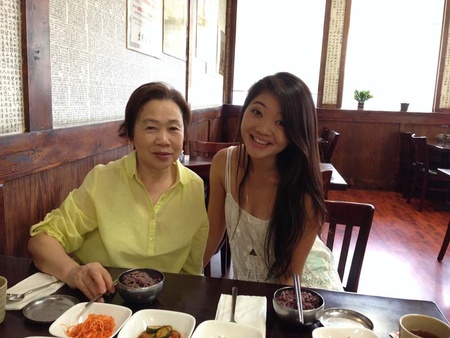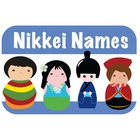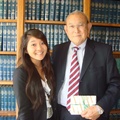My name is Sakura Kato, and just Sakura Kato. I have no middle name or an English name or really anything to signify my identity as a Japanese-American. When growing up, I could never find my name on a pre-made mug or keychain like my friends named “Ashley” or “Christine,” and references to my name could only be found in anime like Naruto or Cardcaptor Sakura. During roll call, my heart would always beat faster and my face would turn red in fear that the substitute teacher would somehow mispronounce my name yet again.
With a name like Sakura Kato, there could never be a doubt in my mind that I was Japanese. As a young girl, when asked the usual “What are you?” question, I had always responded “Japanese,” and it had never crossed my mind to answer “Japanese American” or simply “American.” Rather than embracing my Japanese heritage, I felt ostracized from what I thought it meant to be “American” because of my name.
However, in the middle of my junior year of high school, my parents and I made our way across the Pacific and moved to Japan for one year. In moving to Japan, I finally began to realize that I was never just “Japanese.” Unlike any other Japanese child, I grew up pledging allegiance to the American flag and believing that I could one day become the President of the United States.
I quickly realized that I was asked questions like “What are you?” and “Where are you from?” not because I was Japanese, but because I was a person of Japanese ancestry living in the United States. I started to understand that a Japanese national living in Japan could not relate to my experience of having my national identity questioned because being an ethnic American was different from being a member of a homogenous population like Japan. Of course, a Japanese national and I are bonded by a common ancestry, but the experience of living in the United States as an ethnic minority is what I believe distinguishes me as a Nikkei.
After an Asian American history class in college, I began to recognize that Japanese Americans and Asian Americans as a whole have historically and contemporarily shared the burden of being stigmatized as a “forever foreigner” in a land they call home. Upon further study, I instantaneously felt connected to the previous generation of Asian Americans who were once ineligible to naturalize, unable to own property, and even incarcerated on the basis of ancestry. I quickly realized that I, as an Asian-American, am bound to a larger narrative that began with the early transcontinental railroad workers and continues to this day. The segregation of Japanese- and Korean- American students by the San Francisco Board of Education in the early 1900s and today’s trials of the “Bamboo Ceiling” are all a part of one narrative of racial discrimination that we share as Asian Americans. When I think of the Naturalization Act of 1870, which upheld the status of Asian immigrants as “aliens ineligible to citizenship,” I draw a parallel to the agony undocumented childhood arrivals who currently bear without the privilege of citizenship. And when I reflect on the torment inter-racial couples suffered in the face of the former anti-miscegenation laws, the LGBTQ community’s present struggle for equality immediately come to mind.
Yes, my name is Sakura Kato and I may not have an “English” name, but regardless of how “Japanese” my name may be, my identity is rooted in the Asian American experience of living in the United States as a person of Asian descent. Now, I no longer identity myself as just “Japanese” but instead as a Japanese American and first and foremost, an Asian American.
*This is one of the projects completed by The Nikkei Community Internship (NCI) Program intern each summer, which the Japanese American Bar Association and the Japanese American National Museum have co-hosted.
© 2014 Sakura Kato
Nima-kai Favorites
Each article submitted to this Nikkei Chronicles special series was eligible for selection as the community favorite. Thank you to everyone who voted!












